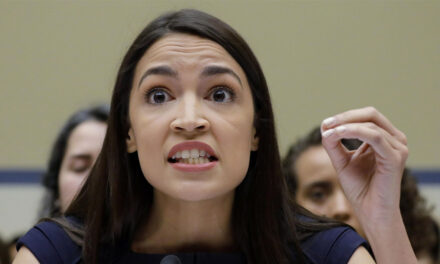
Generation Z could hold the Future for the Auto Industry
The resurgence of millennials to urban areas has caused concern in recent years for the automobile industry. As anyone who has lived in a large city as a youth, they will likely tell you that a car is a liability. Payments, insurance, tickets, parking, yadda, yadda.
I have a 27 year old daughter who lives in Georgetown in D.C., and she has never owned a car. At this point in her career, she could afford one, but doesn’t feel the need. The advent of ride services like Uber and Lyft, as well as various shared car rental programs, getting involved with car ownership is almost akin to home ownership of youth in the 80’s and 90’s. In addition, the popularity of the SUV has in fact priced out a lot of the younger market.
With the millennials somewhat in the rearview mirror, the auto industry is now trying to get their collective heads around generation Z. Joy Falotico, chief marketing officer for Ford Motor Co., noted at a recent auto show in Manhattan that, “We’re trying to figuring out Gen Z. We’re just really digging into all of this right now.” Falotico says of the cohort of emerging consumers aged 7 to 22 that Gen Z “is still very young, but they like to talk back to brands, they have points of view. They grew up on social media, so it’s just really different.”

To put the new generation in an economic perspective, you must look at the world in which they have been raised. Gen Z has never known the peace and prosperity of the 1990s, only the Great Recession and the war on terror. As a result, Gen Z is conscientious, hard-working, big savers and cautious about how they spend money.
The first generation raised in the era of smartphones, these true digital natives are also the most ethnically diverse yet. The auto industry has never really been ahead of the marketing curve in regards to future generations.
Detroit has struggled to connect with young buyers ever since baby boomers defected to Japanese brands after the 1970s oil crisis. They misfired on millennials, too, rolling out gas-sipping subcompacts earlier this decade just as fuel prices plunged and SUVs became the wheels of choice. According to a Marketing Daily survey, nearly 70% of Gen Z respondents do not have their driver’s license. Of those, 30% have no intention or desire to get one.
That is a drastic change from the baby boomer generation. I’m not sure there has ever been a younger generation whose first car purchase is brand new vehicle off the dealership lot, but generation Z is much less likely to buy a new car. A J.D. Power report shows that two-thirds are buying used, with most opting for compact cars or midsize sedans. Looks as if Detroit may have to re-tool again down the road. Publicis Sapient, a digital consultancy, says “Gen Z will comprise 40 percent of consumers by next year. So Detroit may have little choice but to rethink its sundown-of-the-sedan strategy if it wants to catch this youth wave.”


























You have blown Fox's trumpet in the past and confirmed what is common knowledge. It only proves the gullible minds…
Our president has led of clue about what POTIS is in governing this country as one of three branches representing…
Gregor, thanks for saying please, butt alas: NO. It’s just talk. Just facts. I can understand they make you feel…
"It is not my custom to engage in ad hominem pejorative insults. " hahahahahahahahhahahahahaha " Is that a Nazi salute…
This guy actually launched his wife into Space. This the start of every joke in the sixties! But a 150K…